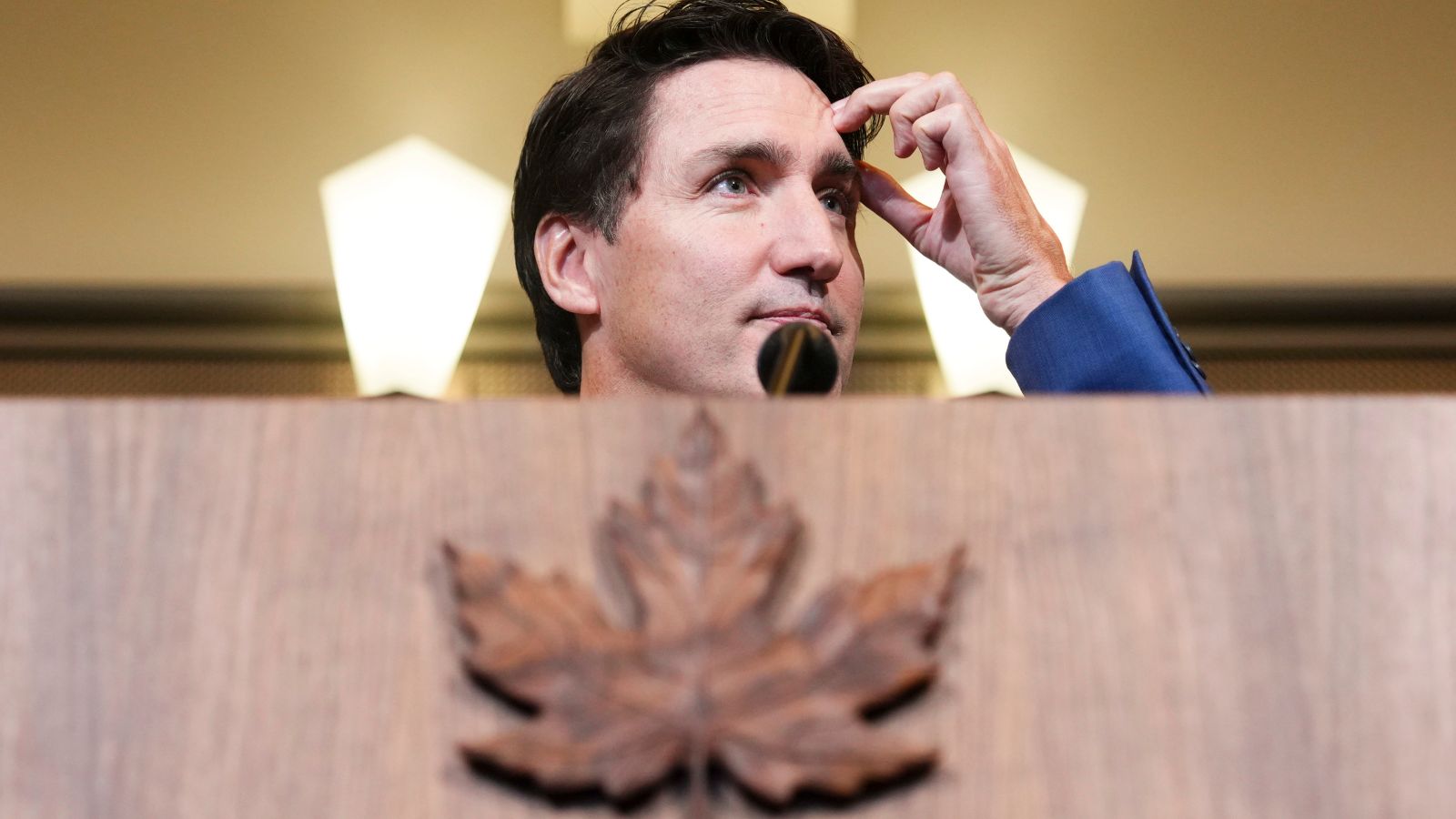 |
|
The diplomatic row between India and Canada has reached a new peak with Canada's recent inclusion of India in its list of cyberthreat adversaries, accusing the country of state-sponsored espionage activities. The Canadian government's 'National Cyber Threat Assessment 2025-2026' explicitly states that Indian state-sponsored actors are likely involved in cyber espionage against Canadian government networks. This development follows a period of escalating tensions between the two nations, triggered by Canada's accusation that India was involved in the murder of pro-Khalistan separatist Hardeep Singh Nijjar in British Columbia, Surrey in June 2023. India has vehemently denied these accusations, calling them baseless.
This latest report by the Canadian Centre for Cyber Security (Cyber Centre), part of the Communications Security Establishment Canada (CSE), has significantly escalated the diplomatic conflict. Notably, previous National Cyber Threat Assessments in 2018, 2020, and 2023-24 did not mention India as a cyber threat. The inclusion of India in the 2025-26 report alongside China, Russia, Iran, and North Korea in the 'Cyber Threat from State Adversaries' section underscores the heightened level of concern regarding India's cyber capabilities and intentions. The report suggests that India is actively building a modern cyber program with domestic capabilities, likely for espionage, counterterrorism, and global image management.
Furthermore, the assessment implies that India's cyber program likely leverages commercial vendors to enhance its operations and that bilateral relations between Canada and India will significantly influence India's cyber activities against Canada. This assertion highlights the intricate interplay between political relations and cybersecurity, suggesting that diplomatic strains can directly impact cyber security threats. The CSE and its partners within Canada and the Five Eyes alliance are closely monitoring cyber threats from both state and non-state actors, adapting to their evolving tactics. The NCTA 2025-2026 provides Canadians with the CSE's perspective on current and emerging cyber threats, outlining potential shifts in the cyber landscape over the next two years.
These revelations come amidst heightened tensions between the two countries. Days earlier, Prime Minister Justin Trudeau's National Security and Intelligence Adviser Nathalie Drouin and Deputy Foreign Affairs Minister David Morrison admitted to leaking information to The Washington Post, which first reported that India's Union Home Minister Amit Shah was behind the campaign to target Khalistan separatists in Canada. The inclusion of India in the cyber threat list, along with the recent leaks, suggests a deepening mistrust between the two nations, further exacerbating the diplomatic crisis. This situation underscores the complex nature of international relations, where security concerns, political tensions, and cyber threats intertwine, impacting the global landscape.
